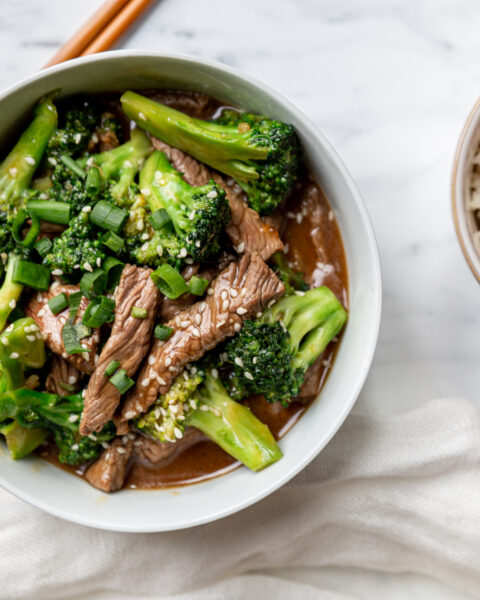Condiments are a staple of many people’s diets, adding flavor and variety to meals. However, a new study has raised concerns about one popular condiment and its potential health risks. According to research published in the Journal of the American Heart Association, consuming high amounts of this condiment may be linked to an increased risk of heart disease. In this article, we’ll explore the findings of this study and examine the potential implications for everyday condiment use.
Contents
Mayonnaise

A staple in many households, mayonnaise is often high in saturated fats and calories, which, when consumed excessively, can lead to weight gain and increase the risk of heart diseases. As a healthier alternative, try using avocado or Greek yogurt, which contain healthier fats and nutrients beneficial to your heart health.
Creamy Salad Dressings

Many creamy salad dressings have trans fats and high amounts of sodium, which can elevate your blood pressure and cholesterol levels. A better option could be olive oil-based dressings that are rich in heart-healthy monounsaturated fats.
Ketchup

While it is a popular addition to various dishes, traditional ketchup often contains high levels of sugar and sodium. Using fresh tomatoes or salsa can be a healthier alternative, offering the richness of lycopene without the added sugars and salts.
BBQ Sauce

/ www.shutterstock.com
Commonly high in sugar and sodium, BBQ sauce can contribute to increased heart disease risk. For a healthier version, try making a homemade sauce using vinegar, tomatoes, and natural spices to control the sugar and sodium levels.
Soy Sauce

Though it adds a wonderful umami flavor to dishes, soy sauce is incredibly high in sodium, which can heighten blood pressure. Using low-sodium soy sauce or tamari can be a smarter choice for those looking to maintain their heart health.
Margarine

Historically, margarine contained trans fats that were linked to heart disease. Even though many brands have removed trans fats, margarine still contains high levels of saturated fats. Opt for spreads made from olive oil or avocados for a heart-healthier choice.
Relish

While it seems innocent, relish can contain added sugars and sodium. Making a homemade version using fresh cucumbers, dill, and vinegar can be a healthier, tastier option.
Cheese Whiz

This processed cheese product is high in sodium and saturated fats. Consider using real cheese sparingly, or try nutritional yeast for a cheesy flavor without the unhealthy fats.
Canned Gravy

/ www.shutterstock.com
Frequently laden with saturated fats and sodium, canned gravies can contribute to heart health issues over time. Making homemade gravy using low-sodium broths can be a healthier alternative.
Artificial Sweeteners

Often found in “sugar-free” or “diet” condiments, artificial sweeteners can have a negative impact on your heart’s health. Opt for natural sweeteners like honey or maple syrup in moderation to avoid potential risks.
More from AisleOfShame
7 Frozen Foods Dietitians Swear By—and 3 They Steer Clear Of

Frozen foods can be a lifesaver for busy weeknights or when you’re short on time. But not all frozen foods are created equal, and some can be loaded with unhealthy ingredients. Read more.
The Calorie Trap: 10 Foods Marketed as Low-Fat That Will Pack on the Pounds

When trying to eat healthily, it’s common to reach for foods labeled as “low-fat” or “fat-free.” However, not all low-fat foods are created equal, and some can actually be calorie bombs in disguise. Read more.
Gut Reaction: 10 Ingredients That Could Be Damaging Your Digestive Health

The gut is often referred to as the “second brain” due to its important role in our overall health and well-being. But did you know that some common ingredients found in many foods can harm your gut? Read more






